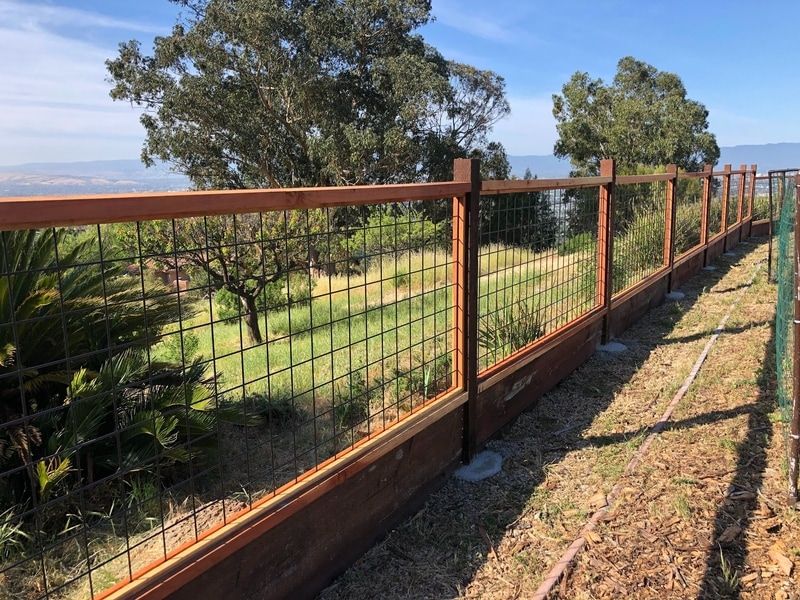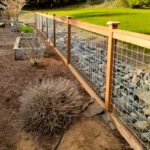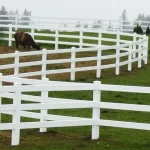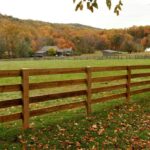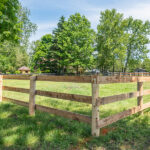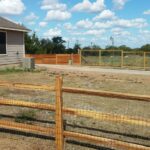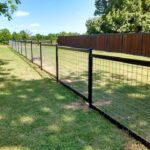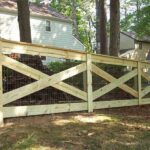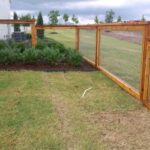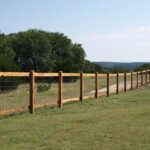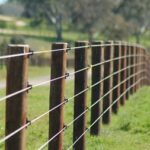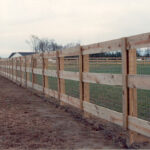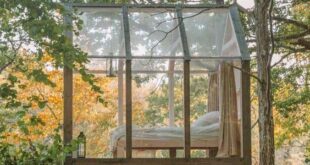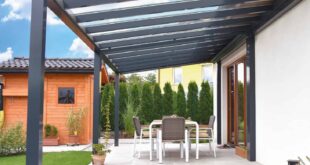When it comes to protecting your farm animals and crops, having a sturdy and reliable fence is essential. There are many different types of farm fences to choose from, each with its own benefits and drawbacks. Here are some ideas for farm fence options to help you decide which one is right for you.
One classic option for farm fencing is the traditional wood fence. Wood fences are durable and can provide a rustic and charming look to your property. They can be built in various styles, such as split rail, post and rail, or picket, depending on your preferences. Keep in mind that wood fences may require regular maintenance and upkeep to prevent rotting and damage from the elements.
Another popular choice for farm fencing is the wire fence. Wire fences are versatile and can be used to contain a variety of animals, from cattle to chickens. They come in different gauges and configurations, such as woven wire, barbed wire, and electric wire. Wire fences are typically more cost-effective than other materials and require less maintenance.
If you are looking for a more modern and industrial look, a metal fence may be the right option for your farm. Metal fences, such as chain link or aluminum, are strong and durable, providing excellent security for your property. They are also low maintenance and can last for many years. Metal fences can be combined with other materials, such as wood or wire, to create a unique and stylish fence design.
For farms with larger animals that require a higher level of security, a high-tensile fence may be the best choice. High-tensile fences are made of strong, high-strength wire that can withstand the pressure of large animals pushing against them. They are also electrifiable to provide an additional level of security. While high-tensile fences may be more expensive to install initially, they require minimal maintenance and can last for a long time.
For those looking for a more natural and eco-friendly option, consider using living fences, such as hedges or shrubs. Living fences can provide a natural barrier for your property, while also attracting beneficial wildlife and providing a habitat for pollinators. Living fences may take longer to establish than traditional fences, but they can be a beautiful and sustainable option for your farm.
No matter which farm fence option you choose, it is essential to consider your specific needs and budget when making your decision. By selecting the right fence for your property, you can ensure the safety and security of your animals and crops for years to come.
